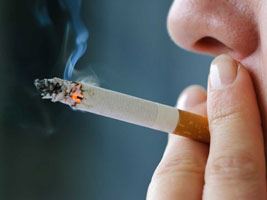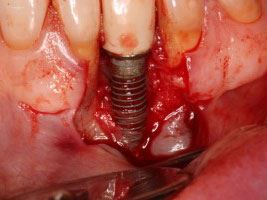No products
To be determined
Shipping
0,00€
Total
Product successfully added to your shopping cart
Quantity
Total
There are 0 items in your cart.
There is 1 item in your cart.
Total products
Total shipping
To be determined
Total
Systemic and local factors affecting the result of implantation

Prosthetics on implants is one of the options for patients care with partial or fully edentulous. Option selection should be conditioned on a thorough examination of the clinical situation. Implant prosthesis does not preclude the careful study of the case, treatment plan and carry out training of the patient also should not neglect the basic principles or the technology as described below. In addition to, there are conditions that involve, or associated with an increased risk of implant rejection.
Systemic factors which in many cases make the possibility of rejection
• Smoking. It increases the risk of implant rejection.
Systemic factors presumably associated with implant rejection
• Chemotherapy
• Bisphosphonate therapy

• Ectodermal dysplasia
• Erosive form of red flat zoster
• Type II diabetes decompensation
• Treatment of an inexperienced surgeon
Local factors greatly increase the risk of rejection
• Installation of the implant in the upper jaw with substantially bone resorption
• Radiation therapy is being done on the bed under the intended implant
• Using cylindrical implants, which require strong installation depression
• Installing the implant immediately after tooth removal in the infected hole
• Using a small number of implants in the maxillary molars
• Ectodermal dysplasia

• The use of short implants where long needed
Do patients need to restore missing teeth?
Congenital absence or teeth loss is always raise the question of the desirability and feasibility of their recovery. In some cases it is not necessary to restore each missing tooth in the dental arch. Decision is carried out jointly by the patient and the doctor, the patient must cordon off the value of the missing tooth to their traditional way of life and a doctor evaluates the potential harm that would be caused to the patient for failure recovery. Patients usually complain about the lack of front teeth or that detract from the appearance and speech, or the lack of a significant amount of posterior teeth that disrupts the function of mastication. The doctor's decision about the restoration depends on the potential inclination towards remaining teeth defect or tooth alveolar nomination antagonists although tooth loss is not always entail such consequences.


